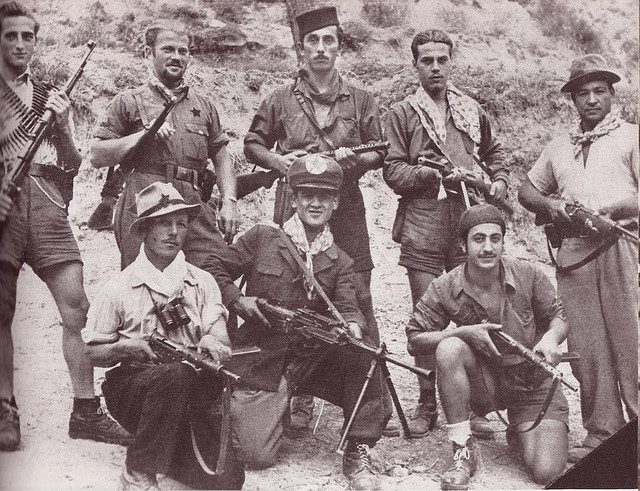What do you think?
Rate this book


185 pages, Paperback
First published October 1, 1947


I was a mass of complexes and inhibitions when confronted with all that I most dearly wanted to say. ..the world of literature did not open up for me like a straightforward and objective apprenticeship, but was more like a journey which I did not know how to start. Full of these youthful ambitions and anxieties, I lacked the spontaneous grace of youth…the symbolic protagonist of my novel was therefore an image of regression: a child.
I later realized- The identification between myself and the protagonist had developed into something more complex. The relationship between the character of the boy Pin and the partisan war correspond symbolically with the relationship that I myself eventually had with that war.
He too feels that sharp rasping urge to kill, even to kill the militiaman hiding in the chicken-coop….the urge is remote, vague, like the urge to love; it has an exciting and unpleasant taste like cigarettes or wine,an urge which all men have, he can’t understand why, and which if satisfied would probably be pleasurable in some secret, mysterious way.Pin is not lovable in any way. He is filthy, obscene and very stupid. He uses derogatory language, looks down upon good people and takes pleasure in pain of others but he’s just a child, a child born at a wrong place in the wrong time among wrong people. But he is someone who could have given an honest account of how despicable people can get during wartime. And Calvino cleared:
Well, I’m going to write you a story about partisans in which nobody is a hero, nobody has any class-consciousness. I’m going to portray the world of marginal people, the lumpenproletariat.


Forse non farò cose importanti, ma la storia è fatta di piccoli gesti anonimi, forse domani morirò, magari prima di quel tedesco, ma tutte le cose che farò prima di morire e la mia morte stessa saranno pezzetti di storia, e tutti i pensieri che sto facendo adesso influiscono sulla mia storia di domani, sulla storia di domani del genere umano.
Ragni e lucciole
- C'è pieno di lucciole, - dice il Cugino.
- A vederle da vicino, le lucciole, - dice Pin, - sono bestie schifose anche loro, rossicce.
- Sì, - dice il Cugino, - ma viste cosi sono belle. E continuano a camminare, l'omone e il bambino, nella notte, in mezzo alle lucciole, tenendosi per mano.